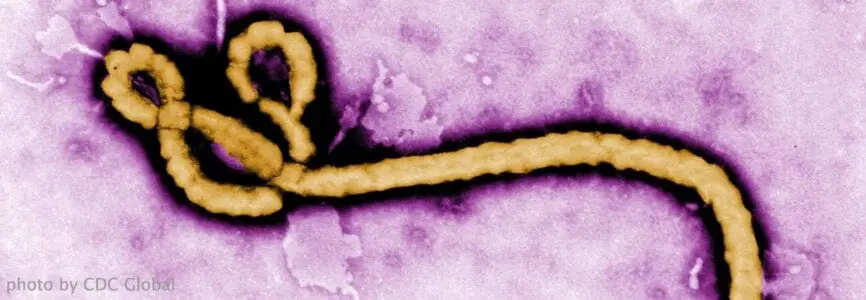Bioethics Forum Essay
Responding to Ebola: The Question of Quarantine
Dr. Craig Spencer, the first person in New York confirmed to have Ebola, is a clearly dedicated and selfless physician who worked for Doctors Without Borders in West Africa helping to take care of people critically ill with Ebola. As is well known by now, before showing signs of the Ebola virus, he took the subway, rode in a taxi, visited a bowling alley and a restaurant, and had close contact with his fiancée and three friends. However, he followed U.S. Centers for Disease Control and Prevention (CDC) guidelines regarding Ebola exposure and self- evaluation of symptoms by taking his temperature throughout the day.
As a nurse practitioner working and teaching in New York City I had doubts that the city was taking a strong enough stance against the possible spread and containment of Ebola. The news of Dr. Spencer’s infection fueled personal concerns and a city’s fears. That a physician who treated Ebola infected patients could have roamed freely in our city of over 8 million people seemed to indicate poor judgment on the part of our public health officials in response to a disease that kills over 50 percent of its victims.
Last weekend, New York and New Jersey officials had new policies in place. Health care workers and others coming from Guinea, Sierra Leone, or Libera who had had any contact with Ebola patients would be quarantined for 21 days. However, the CDC remains committed to reaffirming that the possible transmission from Ebola in the general population isextremely low and does not recommend quarantine for asymptomatic travelers or health professionals treating Ebola. However the CDC is also on record stating that the Ebola outbreak, the worse one on record, has killed at least 4,877 people and perhaps as many as 15,000, mostly in Liberia, Sierra Leone, and Guinea. There is no way of knowing who, among those who have been exposed to Ebola, will comply with CDC recommendations to report Ebola symptoms in a timely manner.
It is not enough to have our president hug one Ebola survivor in the Oval Office and the mayor of New York City ride the subway demonstrating how safe we are, and expect the country to breathe a collective sigh of relief. The federal government needs to act now by recommending a nationwide policy on how states should handle Ebola. The issue is complicated – the need for practitioners to take care of Ebola victims is high, and mandatory quarantines could diminish an already small volunteer pool.
Yesterday, in an effort to balance civil liberties and safety, the CDC announced new recommendations: health care practitioners and other people who had been in contact with Ebola patients should submit to an in-person checkup and a follow up phone call from a local public health office.This response seems lukewarm. A stronger nationwide policy needs to be developed, given the high mortality of the Ebola virus. People need to know that the United States can manage Ebola and protect its citizens safely and with dignity. It seems reasonable to impose a 21-day mandatory quarantine at home for health care workers returning from West Africa.
Karyn L. Boyar is a family nurse practitioner and an instructor of nursing at New York University College of Nursing in New York City.
Posted by Susan Gilbert at 10/28/2014 12:37:46 PM |













